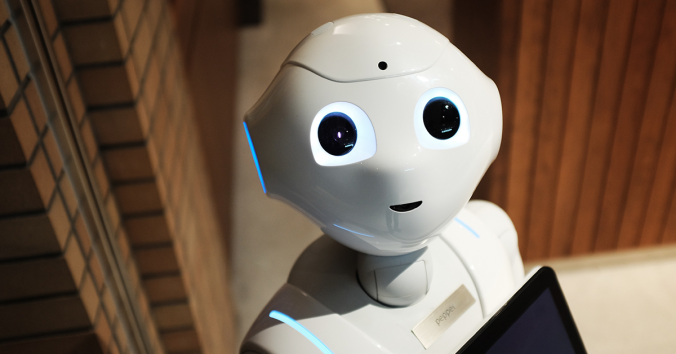I recently highlighted criticism of the ethics that often figures in the field of artificial intelligence (AI). An ethics that can handle the challenges that AI presents us with requires more than just beautifully formulated ethical principles, values and guidelines. What exactly is required of an ethics of artificial intelligence?
Michele Farisco, Kathinka Evers and Arleen Salles address the issue in the journal Science and Engineering Ethics. For them, ethics is not primarily principles and guidelines. Ethics is rather an ongoing process of thinking: it is continual ethical reflection on AI. Their question is thus not what is required of an ethical framework built around AI. Their question is what is required of in-depth ethical reflection on AI.
The authors emphasize conceptual analysis as essential in all ethical reflection on AI. One of the big difficulties is that we do not know exactly what we are discussing! What is intelligence? What is the difference between artificial and natural intelligence? How should we understand the relationship between intelligence and consciousness? Between intelligence and emotions? Between intelligence and insightfulness?
Ethical problems about AI can be both practical and theoretical, the authors point out. They describe two practical and two theoretical problems to consider. One practical problem is the use of AI in activities that require emotional abilities that AI lacks. Empathy gives humans insight into other humans’ needs. Therefore, AI’s lack of emotional involvement should be given special attention when we consider using AI in, for example, child or elderly care. The second practical problem is the use of AI in activities that require foresight. Intelligence is not just about reacting to input from the environment. A more active, foresighted approach is often needed, going beyond actual experience and seeing less obvious, counterintuitive possibilities. Crying can express pain, joy and much more, but AI cannot easily foresee less obvious possibilities.
Two theoretical problems are also mentioned in the article. The first is whether AI in the future may have morally relevant characteristics such as autonomy, interests and preferences. The second problem is whether AI can affect human self-understanding and create uncertainty and anxiety about human identity. These theoretical problems undoubtedly require careful analysis – do we even know what we are asking? In philosophy we often need to clarify our questions as we go along.
The article emphasizes one demand in particular on ethical analysis of AI. It should carefully consider morally relevant abilities that AI lacks, abilities needed to satisfy important human needs. Can we let a cute kindergarten robot “comfort” children when they scream with joy or when they injure themselves so badly that they need nursing?

Written by…
Pär Segerdahl, Associate Professor at the Centre for Research Ethics & Bioethics and editor of the Ethics Blog.
Farisco, M., Evers, K. & Salles, A. Towards establishing criteria for the ethical analysis of Artificial Intelligence. Science and Engineering Ethics (2020). https://doi.org/10.1007/s11948-020-00238-w
We want solid foundations



0 Comments
1 Pingback